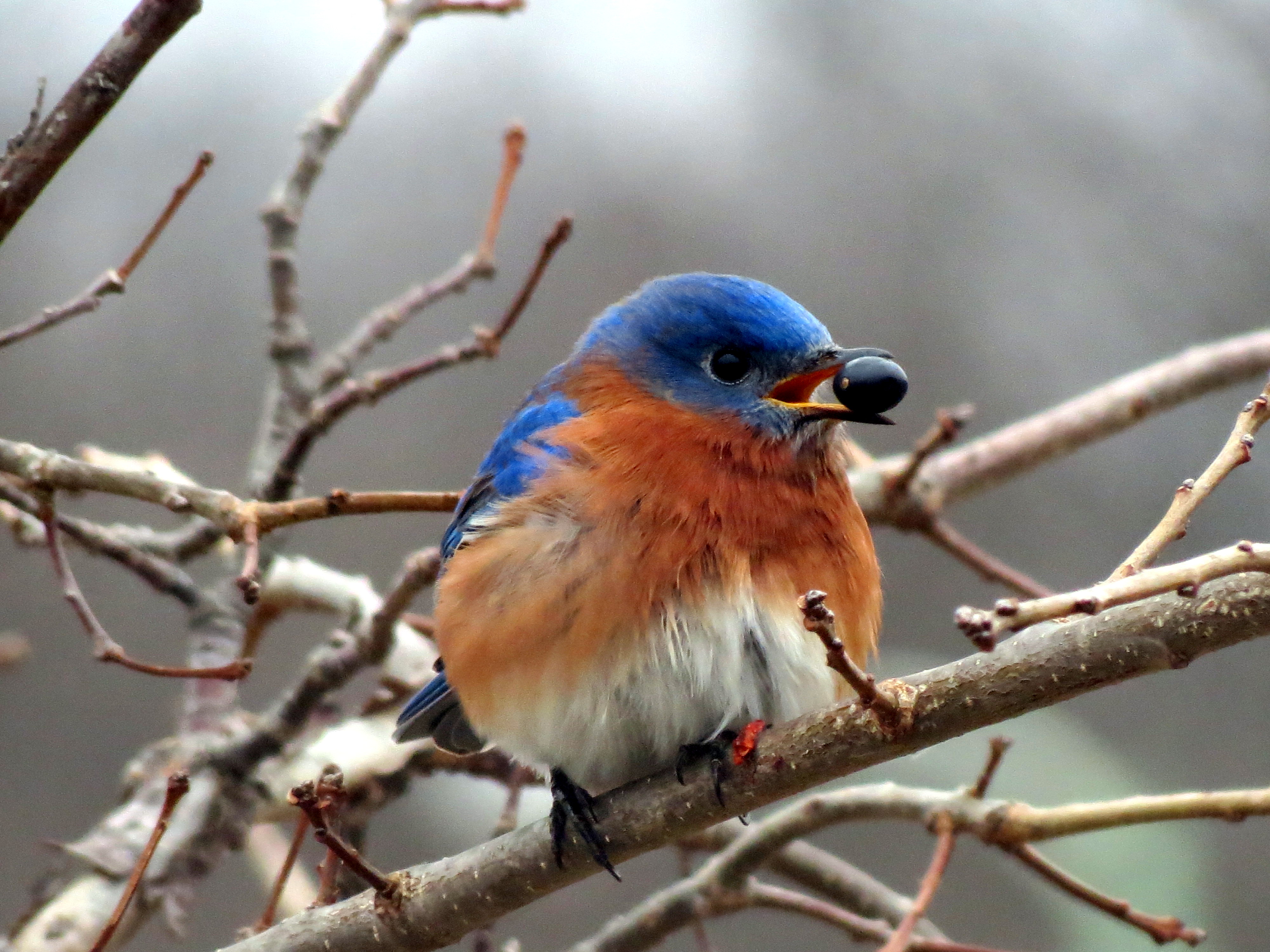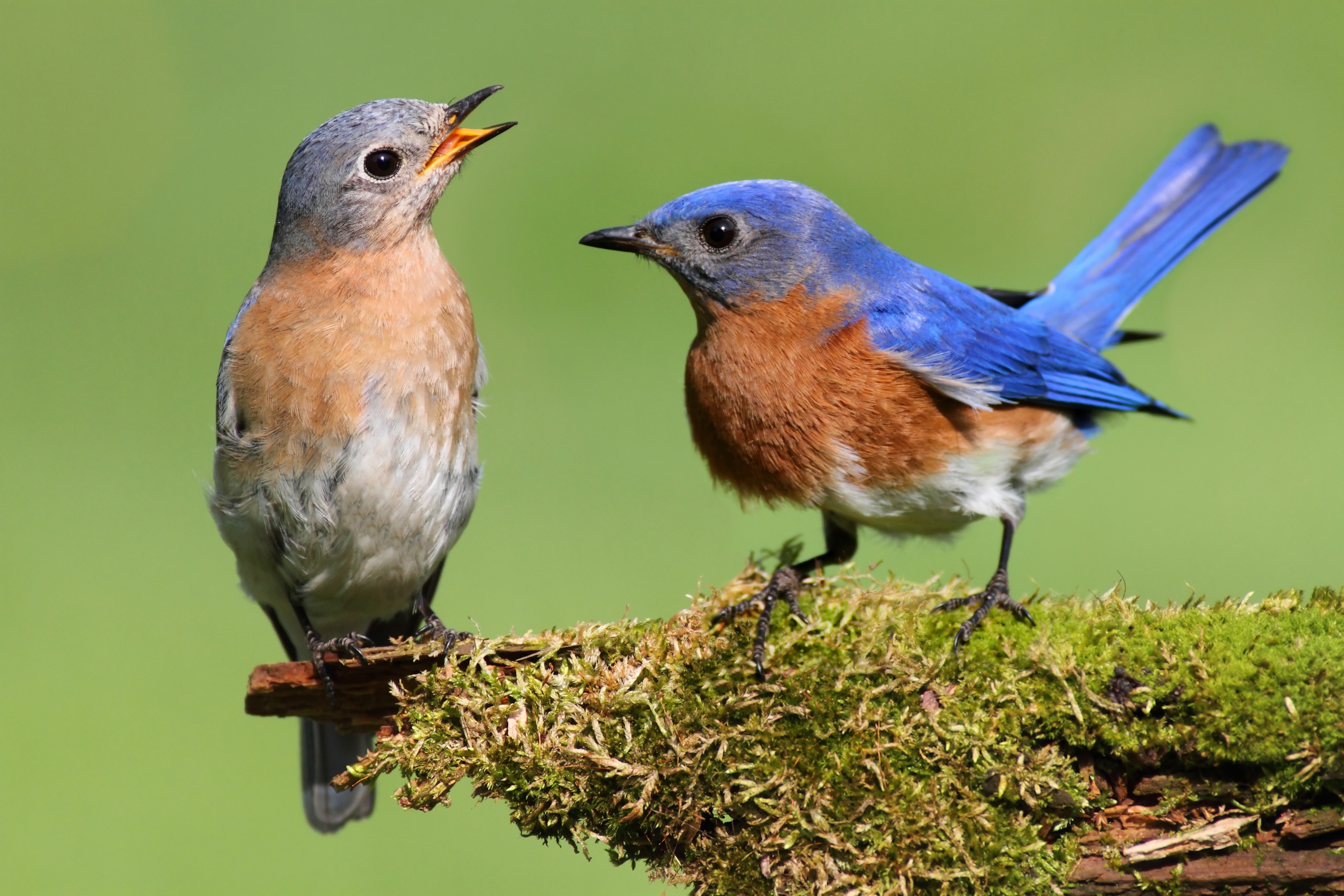Urban Bird Treaty
The City of Nashville and Partners Mark Nashville’s Urban Bird Treaty Designation
Media Contacts
-
Jessica Underwood
The Nature Conservancy
Phone: 404-313-0450
Email: j.d.underwood@tnc.org
Nashville is an Urban Bird City
Nashville represents only a handful of Urban Bird Cities around the country. Visit the website dedicated to ensuring this city is safe and welcoming for birds.

As part of the World Migratory Bird Day Festival, on May 13th, 2023 at the Shelby Bottoms Nature Center, The City of Nashville joined Monique Odom, director of Nashville Metro Parks; Dr. Bill Uihlein, assistant director for conservation science and innovation for the U.S. Fish and Wildlife Service (USFWS); Laurel Creech, state director of The Nature Conservancy in Tennessee; and Brandon Wear, deputy director of field operations for the Tennessee Wildlife Resources Agency to sign the Nashville Urban Bird Treaty. The treaty designates Nashville as an Urban Bird Treaty City, the first city in Tennessee to achieve this distinction.
Read The Treaty
The goal of the Urban Bird Treaty program is to conserve urban habitat for birds, reduce hazards to birds and educate and engage urban communities to care and conserve birds and their habitats. The treaty between the City of Nashville and the USFWS acknowledges the importance of collaborative, local efforts to conserve birds and their habitats, as well as the benefits that come with those efforts to improve the health and well-being of Nashville’s residents and visitors.
Securing the official Urban Bird Treaty designation was a collaborative effort between the Mayor’s Office, Nashville Parks and Recreation, The Nature Conservancy, Tennessee Wildlife Resources Agency, Friends of Warner Parks and Bird Safe Nashville. This core group engaged dozens of agency and organization partners in identifying key needs and opportunities to make Nashville a healthier and greener city for both birds and people as part of a Nashville Bird Agenda. This agenda lays out a series of goals, objectives and actions consistent with the Urban Bird Treaty’s mission and vision but also consistent with Nashville’s desire to be a more resilient and sustainable city for people and nature.
“The Service is proud to designate Nashville as the 31st Urban Bird Treaty city,” said Mike Oetker, acting regional director. “We thank Mayor Cooper, Nashville Parks and Recreation, The Nature Conservancy, Tennessee Wildlife Resources Agency, Friends of Warner Parks and Bird Safe Nashville for their dedicated leadership in connecting Music City with the greater natural world. Our collective national love for the outdoors inspires this type of commitment, and we greatly appreciate their efforts.”
Today, more than half of the world’s bird population lives in urban settings, and that proportion is projected to significantly increase over the next several decades. To thrive, Nashville is taking steps to coexist with nature and make it part of the city. Birds are great ambassadors to connecting people with nature and are an integral part of backyards, parks and other parts of the urban landscape. For many people in urban areas, birds represent their most frequent contact with wildlife. Birds are also important indicators of environmental health. Habitats such as forests, meadows, rivers and wetlands support birds and provide important societal services such as flood control, groundwater recharge, pollutant filtration, air and water quality control and carbon sequestration. Given that, the importance and urgency of the Nashville Urban Bird Treaty efforts cannot be overstated.
In North America, there are 2.9 billion fewer breeding birds than there were in 1970, as landscapes across the continent continue to lose their ability to support bird populations. Urban landscapes and communities have important roles to play to reverse these bird population declines. Cities can become safer, healthier places for birds and other wildlife with committed partners that are fostering environmentally aware communities dedicated to conserving bird habitats and reducing environmental hazards.
“We are proud to announce our commitment to become an Urban Bird Treaty city. In partnership with the Urban Bird Treaty City Program, our local team of dedicated partners will work to improve migratory bird habitat conservation, hazard reduction and community education and engagement. These efforts will not only benefit migratory birds; they also will increase awareness of the city’s birds and habitats and how essential they are to the welfare of Nashville’s residents and visitors,” said Mayor Cooper.
“Metro Parks has been the leader in the field of environmental education, conservation and outdoor recreation for 50 years, and we’ve been conducting bird-banding research for 40 years. Our Nature Centers provide quality environmental education to raise awareness and foster respect, enthusiasm and stewardship for migratory birds and their habitats. We will continue to educate the public on the immeasurable value of protecting our environment and all creatures great and small,” said Metro Parks Director Monique Horton Odom.
“As Nashville grows, it is important to balance a strong economy with preservation of natural resources, minimizing environmental impacts, ensuring environmental inclusion and equity and improving the quality of life,“ said Laurel Creech, state director of The Nature Conservancy in Tennessee. “The Urban Bird Treaty program will play a significant role in meeting these goals. Nashville’s Bird Agenda will build upon our community’s programs and activities to ensure our city is safe and welcoming for birds and engaging for all communities. We appreciate the work our partners have done in helping us to get to this point, and we look forward to working with them moving forward.”
Shelby Bottoms is proud to host educators, naturalists and community experts from across the city for the World Migratory Bird Day Festival and will feature guided hikes, themed activities and crafts, food trucks and appearances by special guests. World Migratory Bird Day is celebrated across the world. This year's campaign will highlight the importance of water for migratory birds and identify key actions for protecting water resources and aquatic ecosystems—making the Shelby Bottoms wetlands the perfect place to celebrate.
The Nature Conservancy is a global conservation organization dedicated to conserving the lands and waters on which all life depends. Guided by science, we create innovative, on-the-ground solutions to our world’s toughest challenges so that nature and people can thrive together. We are tackling climate change, conserving lands, waters and oceans at an unprecedented scale, providing food and water sustainably and helping make cities more sustainable. The Nature Conservancy is working to make a lasting difference around the world in 81 countries and territories (40 by direct conservation impact and 41 through partners) through a collaborative approach that engages local communities, governments, the private sector, and other partners. To learn more, visit nature.org or follow @nature_press on X.
